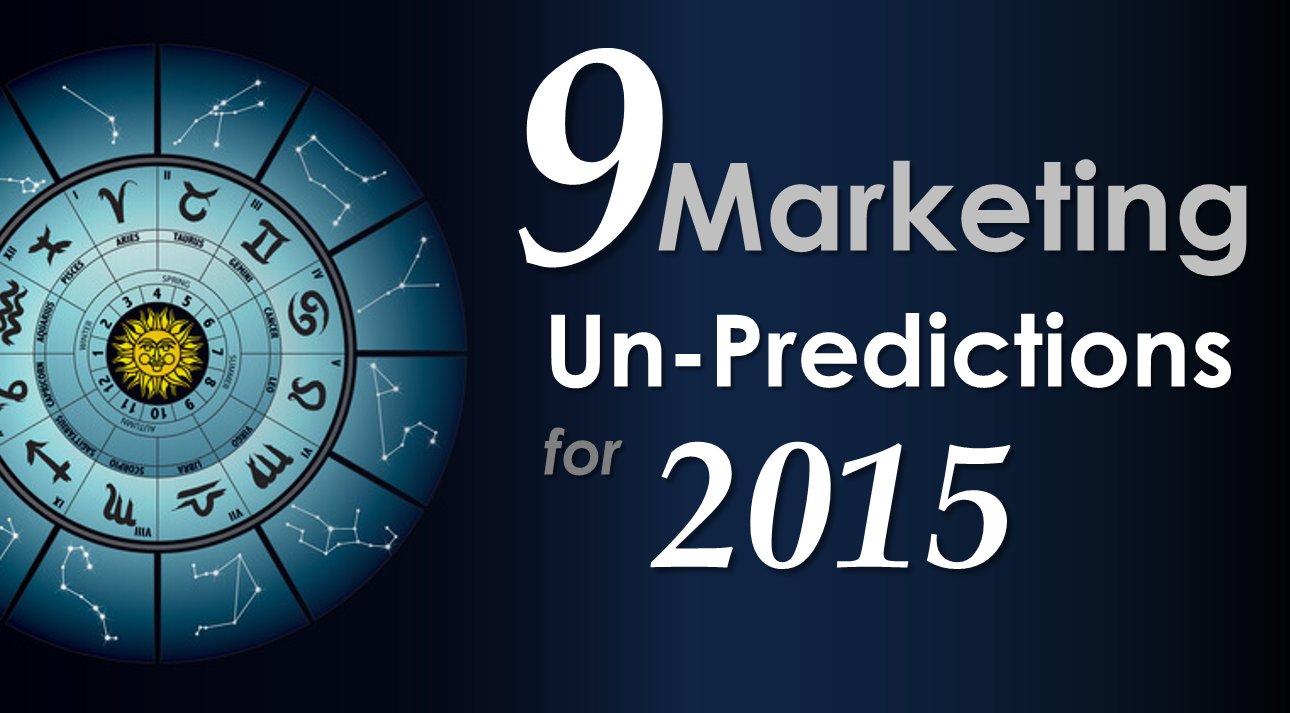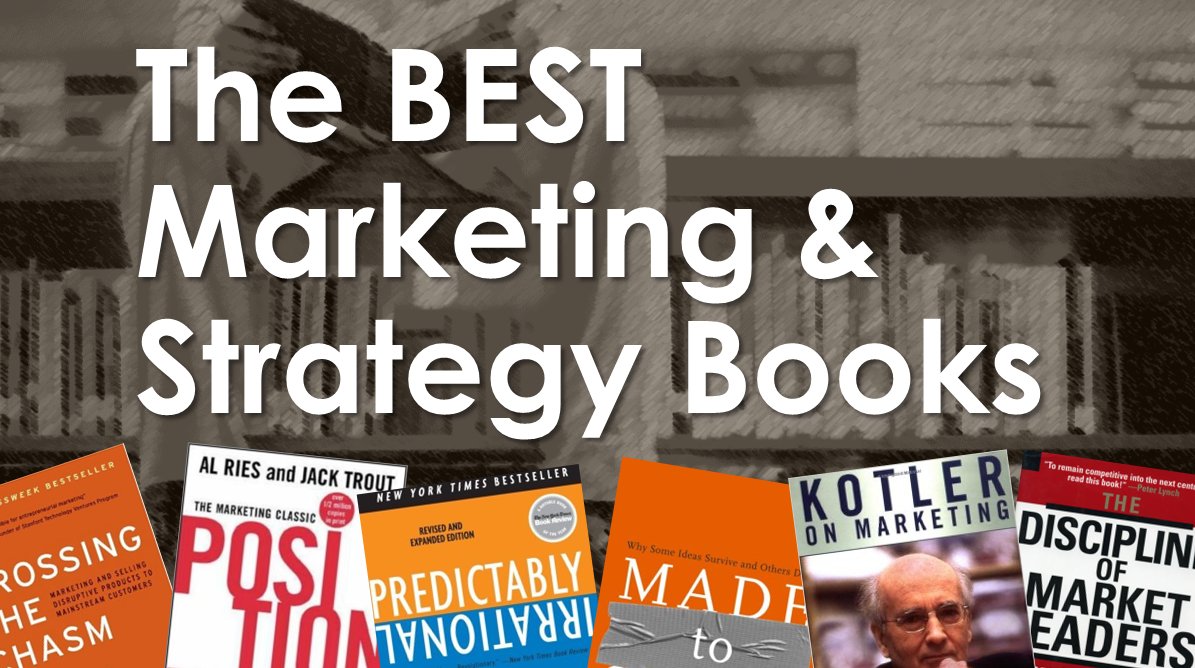As I write this, Carlos Slim Helú is the second richest man in the World, according to Forbes, following Bill Gates by a ‘mere’ $2 billion dollars. Carlos was number one in 2010 and 2011. Everyone knows how Bill made his fortune, as the founder of Microsoft, and much has been written about him. But what drives Carlos Slim’s success, and what are the strategies that make his companies so successful seem to be more of a mystery.
When companies struggle, they usually blame increased competition and unfavorable economic conditions. Carlos Slim seems to thrive on downturns and recessions.
Slim’s business portfolio, under the holding company Grupo Carso, is much more diversified: it includes real estate, retail, telecom, mining, financial services, tobacco, aluminum, tires, copper, insurance, restaurants, oil and gas, paper, hotels, and more.
People in Mexico say you can’t live a day of your life without somehow giving money to Slim’s empire. He has also made significant investments in the US. In 1997, Carlos purchased 3% of Apple for $17 a share. He has made significant investments in Saks and the New York Times and in business that have gone south like Prodigy and CompUSA.
Carlos is 75 but he has been very aware of technology advances and has positioned his companies to take most advantage of them: “Technology is going to transform people’s lives and society everywhere in the world. My main task is to understand what’s going on and try to see where we can fit in.” Continue reading “10 Business Lessons from Carlos Slim”










